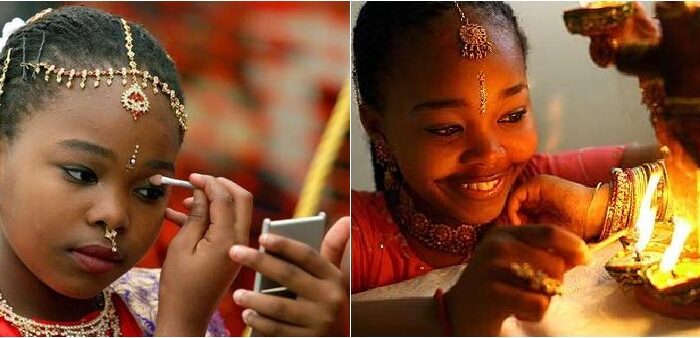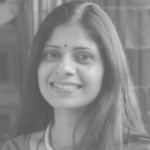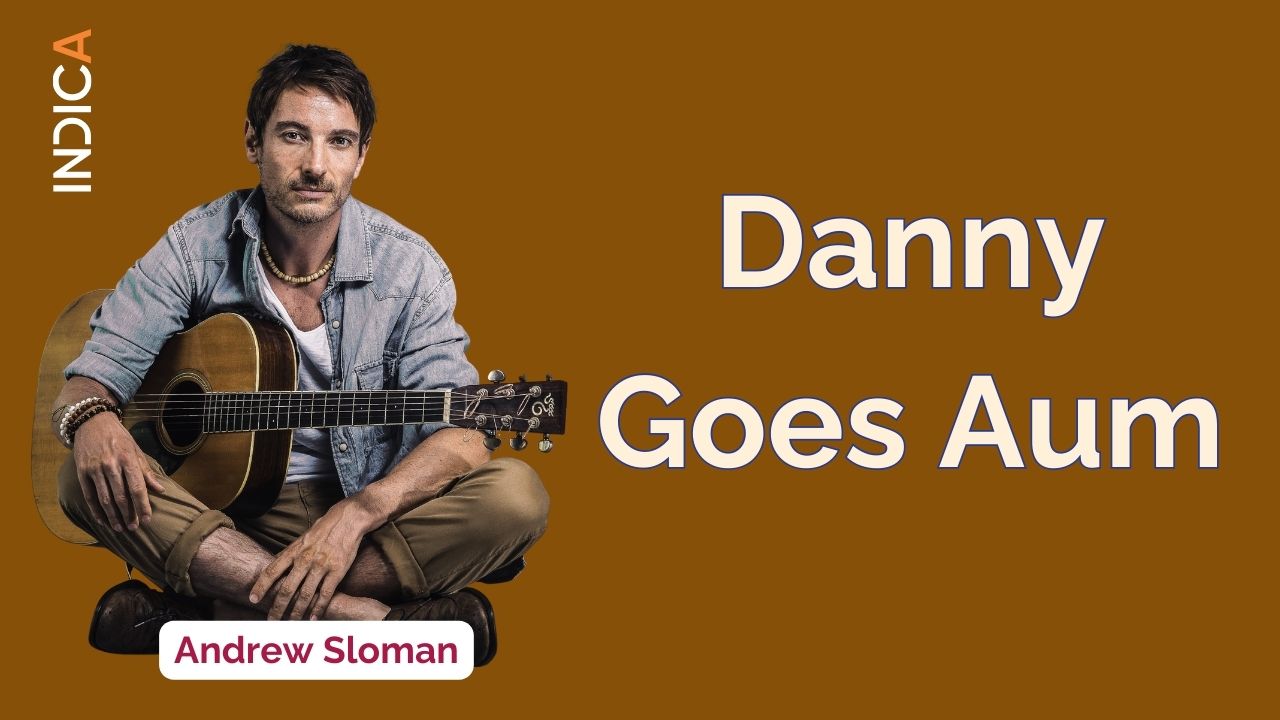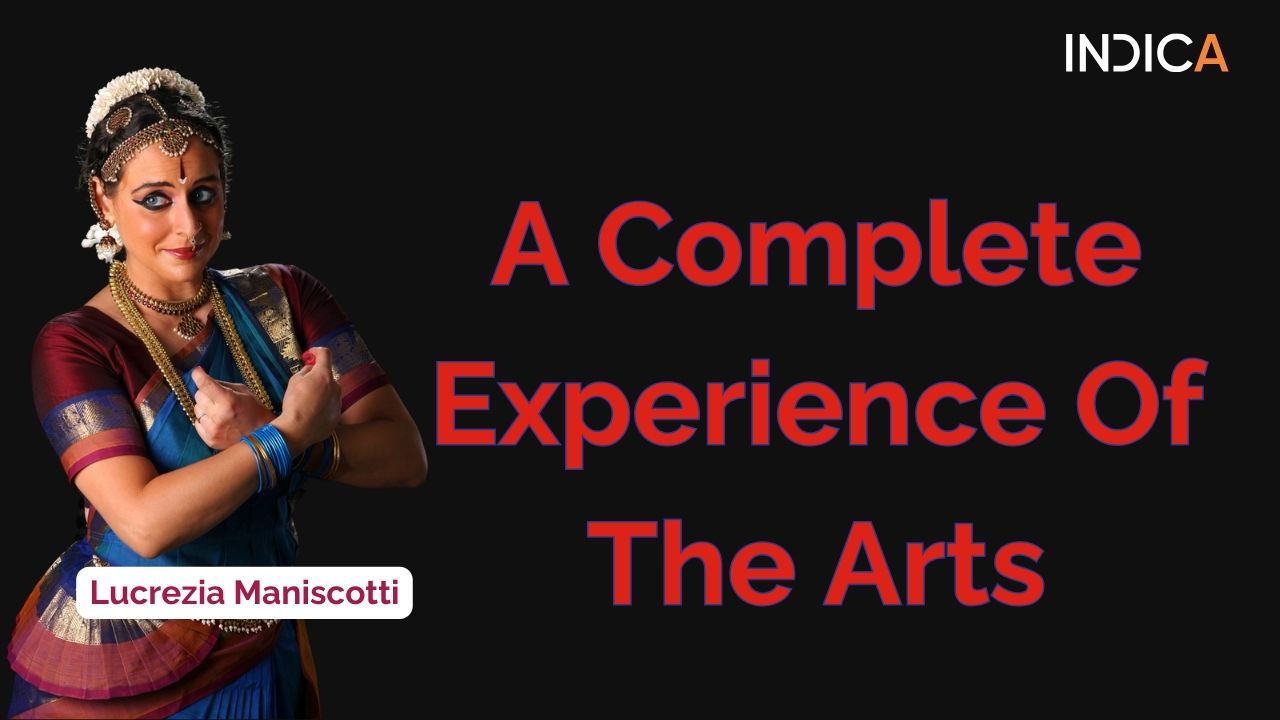Diwali celebrations in South Africa began in the 20th century with the arrival of Indians for work in the country. Today South Africa is home to the largest population of people of Indian descent in Africa, at 1.3 million, mainly in Durban. In fact, Durban is sometimes called the “largest Indian city outside India” says a World Economic Forum report
Brij Maharaj, a geography professor at University of KwaZulu-Natal and an executive member of the South African Hindu Maha Sabha, says 2020 marks the 160th anniversary of the arrival of Indian indentured labourers in South Africa (16 November 1860), the 110th anniversary of the official recognition of the festival of Diwali in South Africa (1910) and the 108th anniversary of the establishment of the SA Hindu Maha Sabha (SAHMS) (1912).
Professor Maharaj says the Ramayana is one of the most popular texts among Hindus in the indentured diaspora because of its theme of exile and return. The indentured laboured in the belief that like Lord Rama, they will overcome adversity in the colonies, and will return triumphantly to India from exile.
Professors Ashwin Desai and Goolam Vahed have written that the indentured built temples which “were a powerful source of comfort for many, as it was here that communal worship was experienced, birth, marriage and death ceremonies observed, and festivals celebrated. These were the very first incubators of community in an environment of incredible hostility.”
Wishing South Africa’s Hindu Community, President Cyril Ramaphosa said that the observance of Deepavali in South Africa had deep historical roots; dating back to the arrival of Indian indentured labourers in 1860.
“It is testament to the resilience of the great cultures of the subcontinent that Deepavali continues to be celebrated here in the southernmost tip of Africa,” President Ramaphosa said.
“The festival traditions have long become a regular feature in many of our cities, and we continue to be inspired by the sense of community, fellowship and pride they engender,” the President added.
He thanked the “Hindu community, and all religious communities in South Africa for their support in the national effort to combat the coronavirus pandemic; the restrictions on public worship have been difficult, but have greatly assisted in preventing further infections.”
The President said that the Hindu community greatly enriched South Africa’s cultural life, and that its spiritual and philosophical traditions found expression in South Africa’s own struggle for liberation.
“At a time when not just South Africa but the world is recovering from one of the worst crises in modern times, the Deepavali story of the triumph of light over darkness resonates deeply with us all,” President Ramaphosa said.
“Just as the epic tale of the victory of Lord Ram and Lady Sita has inspired peoples for millennia, equally inspiring is the history of a community who overcame the hardship and cruelty of indenture to thrive and prosper,” the President added.
“May the sight of rows of lit diyas in homes, businesses and places of worship over Deepavali remind us all that even amidst the darkness of the pandemic, there is light, and that we shall indeed overcome,” President Ramaphosa said.
This year for the first time in South Africa, two kings of indigenous communities of the country have helped celebrate Diwali, reports PTI.
The festival was held in Nongoma, around 30 km north of the coastal city of Durban, at the Osuthu Royal Palace of King Goodwill Zwelithini, the monarch of South Africa’s largest indigenous community, the Zulus.
Also joining the celebrations was King Makhosoke II of the Amandebele community. The festival was organised by Professor Ishwar Ramlutchman, the head of the Sivananda World Peace Foundation, who is also the only person of Indian origin who has been anointed as a prince of the Zulu nation.
The cultures of the three communities, including that of the South Africans of Indian origin, were featured in songs and dance performances.
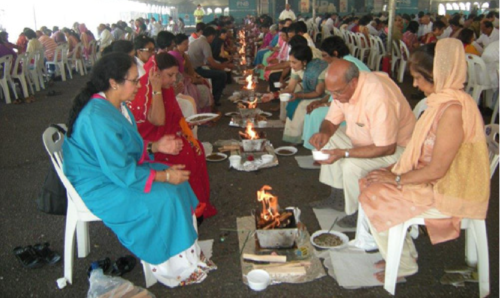
The annual Diwali celebrations hosted by the Zulu king usually attract thousands of people, but this year, only 200 could attend due to COVID-related restrictions.
“I want to wish a happy Diwali to all of you who are celebrating the festival of lights here in the kingdom and around the world,” Zwelithini said.
“For Hindus, Jains, Sikhs and Buddhists, lighting the lamp — the diya — is a chance to remember, even in the midst of darkness, that light will ultimately prevail. Knowledge will defeat ignorance and compassion will triumph over despair.
“Diwali is also a reminder that we must each do our part to achieve that victory by dedicating ourselves to the service of others. If we affirm our commitments to one another and strive to lift each other up, then together, we will continue moving closer to that brighter future we all seek,” he added.
Zwelithini called for the freedom, festivity and friendliness everywhere in South Africa during Diwali to continue beyond that period.
“During this time, we embrace one another with love and this must endure beyond the days of festivities. Deepavali is a great unifying force,” the monarch said.
“The concept of unity in diversity is a strong principle which is being promoted amongst our people. Our multicultural and multi-religious community must flourish and aim towards unity as one nation.
“Living in a diverse rainbow nation with many religions, cultures and rituals, it is imperative that we learn to respect others and their beliefs,” he added.
Endorsing the views of his fellow royal, King Makhosoke II reminded the audience that Diwali is being hosted on the eve of the 160th anniversary of the arrival on November 16, 1860 of the first boatload of indentured labourers from India for the sugarcane farms of Natal province. “This festival provides all of us an opportunity to learn more about the hardship and struggle faced by these indentured labourers during those trying times. History teaches us that learning more about people makes it easier for us to have a better understanding and be able to co-habit better than people who do not know each other,” Makhose said.
Ramlutchman, who has established Sivananda peace pillars in various towns of the province over the past decade, said the greatest Diwali gift that South Africans could give King Zwelithini would be peace in the province.
Aishwarya Rohit, a resident of Johannesburg for the last ten years says, “ Diwali in Johannesburg has been a festival I always look forward to because it is celebrated with the same grandeur and frolic as it is in India. When we immigrated a decade ago, the evening fireworks ceremony at the temple grounds in Marlboro used to be a sight worth watching. As the years passed, the fireworks rituals was replaced by a visit to the temple in the morning.” She adds that on this occasion the Indian community comes together as to celebrate.

